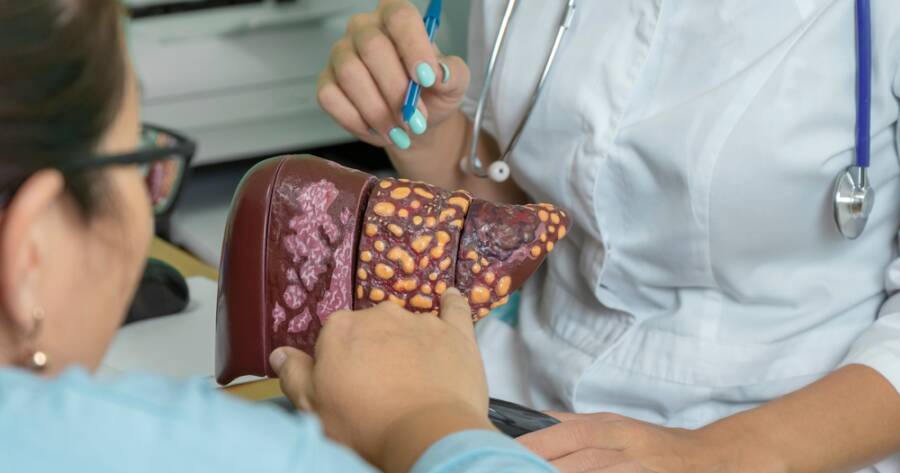Fatty liver disease can develop silently, but certain symptoms may signal a serious problem. From persistent fatigue to unexplained weight loss, recognizing the warning signs is crucial. Don’t ignore these potential indicators that your liver health may be at risk.
Warning Signs of Fatty Liver Disease
Fatty liver disease often progresses without noticeable symptoms, but there are key warning signs you should not ignore. Early symptoms may include persistent fatigue, weakness, or a general feeling of discomfort in the upper right side of your abdomen.
As the condition worsens, individuals may experience unexplained weight loss, loss of appetite, and swelling in the legs or abdomen due to fluid buildup. Jaundice, characterized by yellowing of the skin or eyes, can also occur in more advanced stages.
If left untreated, fatty liver disease can lead to liver scarring (cirrhosis), which increases the risk of liver failure. Being aware of these symptoms and seeking medical attention early can help manage the condition and prevent serious complications.
Who’s At Risk?
Fatty liver disease can affect anyone, but certain risk factors make some individuals more susceptible. People with obesity, type 2 diabetes, and metabolic syndrome are at a higher risk due to the link between excess fat and liver function. High cholesterol and triglyceride levels may also increase the likelihood of developing fatty liver disease. Those who consume large amounts of alcohol or have poor dietary habits may also be at risk of alcoholic fatty liver disease.
Non-alcoholic fatty liver disease (NAFLD) is more common in those who lead sedentary lifestyles. Additionally, genetics may play a role, and individuals with a family history of liver disease are at greater risk. Understanding these risk factors is crucial for early detection and prevention.
Can Fatty Liver Disease Be Prevented?
Preventing fatty liver disease requires a combination of healthy lifestyle habits. Maintaining a balanced diet rich in fruits, vegetables, whole grains, healthy fats and lean proteins can significantly reduce the risk. Limiting alcohol consumption and avoiding sugary, processed foods are also key preventive measures.
Regular exercise is also essential, as it helps to manage weight, control blood sugar levels, and lower the risk of fat buildup in the liver. Additionally, monitoring cholesterol and triglyceride levels can help prevent fatty liver disease. For those at higher risk, regular medical check-ups and liver function tests are crucial for early detection and intervention, ensuring liver health is protected.
What To Do If You’re Experiencing Symptoms
If you’re experiencing symptoms of fatty liver disease, it’s important to consult a healthcare professional promptly. Your doctor may recommend a series of tests, including blood work, imaging scans, and possibly a liver biopsy, to determine the extent of the condition. Early intervention is key to managing the disease and preventing further liver damage.
Depending on the cause, your healthcare provider may suggest lifestyle changes, such as adopting a healthier diet, increasing physical activity, and reducing alcohol intake. In more severe cases, medications or other treatments may be prescribed. Taking proactive steps and following your doctor’s recommendations can help slow the progression of fatty liver disease and improve your overall liver health.
Learn More About Fatty Liver Disease
Fatty liver disease is a condition that often develops unnoticed, but understanding the symptoms and risk factors can lead to early detection and prevention. Whether caused by poor lifestyle habits or underlying health conditions, managing fatty liver disease is possible through healthy changes and medical intervention.
Maintaining a balanced diet, exercising regularly, and monitoring liver health with your healthcare provider are key steps to prevent or manage the condition. If you suspect you may have symptoms, seeking professional advice is essential. Learning more about fatty liver disease empowers you to take control of your liver health and overall well-being.

